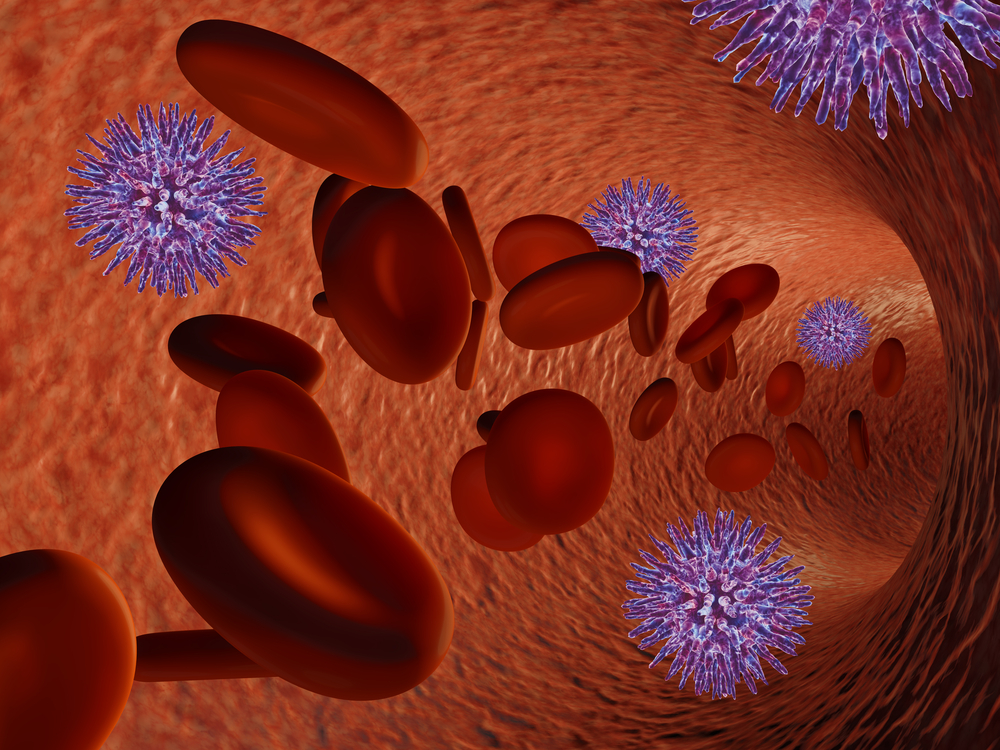At the National Kidney Foundation 2016 Spring Clinical Meetings, Metabolon presented a study identifying a small set of metabolite biomarkers of glomerular filtration rate (GFR) with superior diagnostic performance over creatinine. These biomarkers form the basis for the company’s accuGFR test, an improved assay to support the classification of chronic kidney disease (CKD).
The accuGFR is being developed as a laboratory-developed test for the quantitative determination of glomerular filtration rate in serum and plasma patient samples. Measurements of accuGFR may be used in the diagnosis and treatment of renal diseases.
Glomerular filtration rate is the best estimate of kidney function, however, it is difficult to determine the measured GFR (mGFR) because the procedure is expensive and invasive and requires constant intravenous infusion of a kidney filtration marker and many accurately programmed urine and blood collections.
In clinical practice, GFR is estimated (eGFR). This is made by using creatinine as a kidney filtration marker. The method based on creatinine for eGFR is easier to use, but it is inaccurate and has a large marin of error, with only two-thirds of eGFR results within 20 percent of the mGFR. As a result, there is a risk of misdiagnosis and their disease underappreciated.
“Because there is such a high error rate in eGFR results, up to 10 million out of the 26 million U.S. patients with CKD may have their disease stage incorrectly classified,” Regis Perichon, Ph.D., director of New Product Development in Precision Medicine at Metabolon, said in a recent press release. “Compared to the standard-of-care equation, MDRD (Modification of Diet in Renal Disease), novel metabolite-based equations for estimating GFR show significant improvements in accuracy that would benefit more than 2 million patients.”
In the study presented by Metabolon, the levels of several metabolites in the plasma, such as urea and creatinine, were determined in 482 adult patients with known GFR (median 60, range 3-128 mL/min/1.73m2) determined by plasma iohexol clearance (mGFR).
The results showed that some metabolites had a higher correlation to measured GFR compared to creatinine (e.g., pseudouridine, acetylthreonine and acetylalanine). Overall, data revealed that a set of metabolite markers can be more accurate to provide estimates of GFR, and the company is continuing to develop and clinically validating accuGFR as an improved test to aid in classifying CKD.

